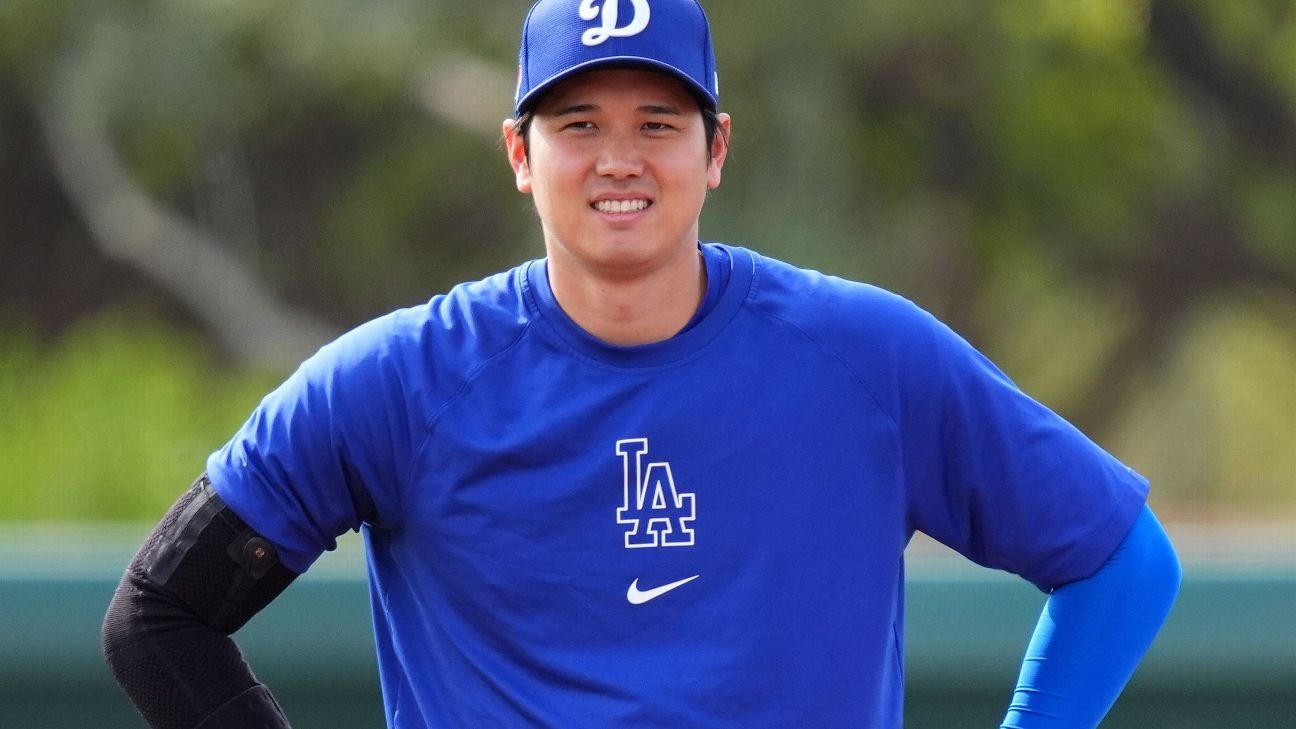Major League Baseball has opened a formal investigation into the matter surrounding Los Angeles Dodgers superstar Shohei Ohtani and his former interpreter, Ippei Mizuhara, the league announced Friday.
MLB is expected to request interviews with all parties, including Ohtani and Mizuhara, a source told ESPN, although officials will have no way to compel Mizuhara’s cooperation since he no longer works for baseball.
Ohtani also has a right to refuse cooperation as a member of the MLB Players Association. Ohtani also could invoke his right, under an interpretation of arbitration precedent, to refuse cooperation because of a criminal investigation that’s already underway. Traditionally, MLB has argued he can invoke such an exception if the player is a target of the investigation, which Ohtani is not believed to be.
“Major League Baseball has been gathering information since we learned about the allegations involving Shohei Ohtani and Ippei Mizuhari from the news media,” MLB said in a statement. “Earlier today, our Department of Investigations (DOI) began their formal process investigating the matter.”
The announcement came two days after Mizuhara was fired by the Dodgers as reporters pressed for questions about at least $4.5 million in wire transfers sent from Ohtani’s bank account to a bookmaking operation that is under federal investigation.
In a span of two days, Ohtani’s handlers moved from saying the slugger had paid Mizuhara’s gambling debts to his attorneys announcing Ohtani had been the victim of a “massive theft.”
It remains unclear if any authorities are investigating the alleged theft. Ohtani’s representatives said Thursday they had officially submitted the allegation to law enforcement but did not say to which authorities. Multiple sources told ESPN that neither the California Bureau of Investigation nor the FBI was working the case.
Spokespersons with the Los Angeles Police Department and district attorney’s offices in Los Angeles and Orange counties all said they were not investigating, and they indicated it was most likely a federal matter. The U.S. Attorney’s Office for the Central District of California declined to comment.
